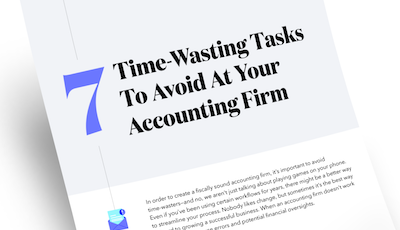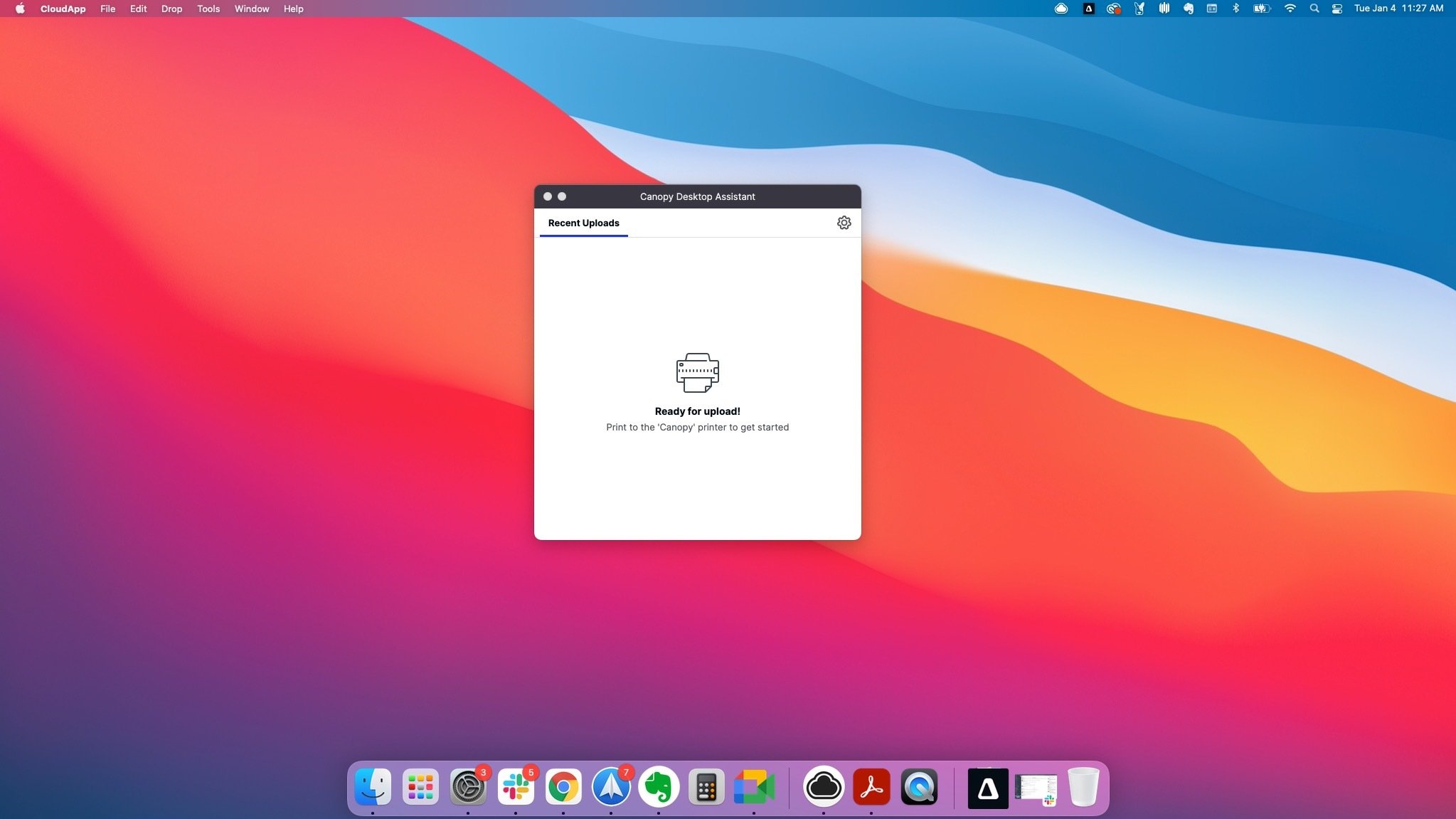So you’re wanting to start a virtual accounting firm. Whether you want to make the jump to being a remote accountant because you’ve invested in new technology or because you want better work-life balance, there are best practices you can implement to run your virtual firm effectively.
In this guide we go over tips of what you should think about if you’re just starting out in virtual accounting plus tips for running your firm more effectively.
What is a virtual accountant?
Also referred to as a remote accountant, virtual accounting positions are the same as the traditional role except that services are provided virtually rather than in person. A physical office location is not required to be able to deliver on the same services as a traditional accountant. Instead, remote accountants utilize various softwares and tools to help run and manage their virtual accounting firms and teams effectively.
What are the benefits of starting a virtual accounting firm?
While virtual accounting is not always the solution for every accounting professional, there is a growing demand for remote work and many benefits can arise from incorporating this into your business model.
-
Lower overhead expenses
Managing an office can be expensive, and while virtual accounting firms come with their own set of expenses, they differ from those accrued by physical offices. Save on overhead expenses by cutting costs like rent, utilities, paper, and other office supplies.
-
Improved work-life balance
Remote work gives both business owners and employees the opportunity to improve their work-life balance. You’ll have more flexibility in your schedule to set your own hours and improve your work-life balance in a way you probably haven’t thought was possible.
-
Increased productivity
Contrary to popular belief, studies show that remote work can actually increase employee productivity and focus. There’s something to be said about providing people privacy and quiet spaces for increased concentration.
View the full list of benefits of moving your accounting firm to the virtual space!
Developing your vision
Developing your vision is exploring the purpose and the reason you want your business to exist. Your vision is essentially an answer to who you want to become as the owner of the business and what you want the business to become. It should be personal and become a part of who you are.
Of course, figuring out who you want to become and what you want your business to become is a difficult decision. Establishing a thought-out, clear vision can be a lot of work. Start by reflecting on these three areas:
- Who do you want to be as an owner in 3-5 years?
- What kind of clients and team members do you want to build with?
- What services do you want to provide?
Who do you want to be as an owner in 3-5 years?
This answer should be really personal to you. Do you want to be a technical guru serving clients face-to-face or surfing while your team serves your clients? Make those decisions now so you can start heading in the right direction.
What kind of clients and team members do you want to build with?
This question is all about the people you will be working with on a daily basis, and it’s very important. Answer this question in light of the personalities you enjoy working with. Think about your current clients and team members too and what you like and dislike about working with them.
What services do you want to provide?
You’ll be providing this service day in and day out, so make sure you love it. If providing the service is something you want your team to do (instead of you), then make sure it’s a service you can easily teach and manage.
Your vision is about looking to the future and crafting something that doesn’t exist yet. It’s an existence statement. Try completing this thought in one sentence:
We exist to…
For example, Blumer CPAs’ vision statement is, “We exist to proactively lead clients to equip them for growth.”




/Penalty-abatement-mockup-small.png)


Get Our Latest Updates and News by Subscribing.
Join our email list for offers, and industry leading articles and content.